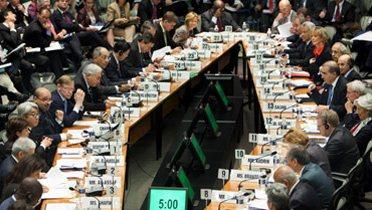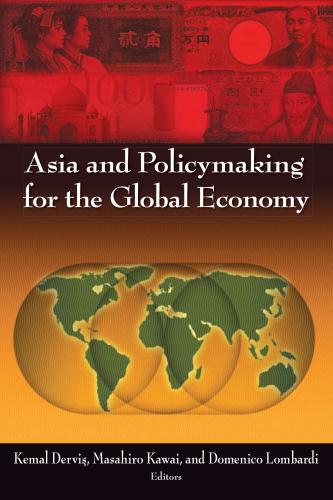Editor’s Note: In a recent compilation of commentary for the G8 Summit in Italy, Domenico Lombardi questions whether the G8 is leading the discussion on critical IMF governance reform and claims that the G20 may be better equipped to mobilize these issues. While the G8 may no longer be the guiding force behind the reform of the Bretton Woods Institutions, Lombardi states that it does provide an informal framework to discuss issues of common responsibility among its members. For instance, the G8 Summit should focus on the declining aid flows to poor countries and fulfilling its previous commitments to aid African growth.
Introduction
The novelty of the current process of reforming the International Monetary Fund (IMF) is that heads of state and of government, through the G20 summits, have taken on a task traditionally assigned to their finance ministers. If this effort proves sustainable, there is an opportunity to address the greatest challenge that the IMF has faced since the end of the Bretton Woods era in the 1970s, when its member countries withdrew political capital, making the institution ineffective as a forum for multilateral discussions. This shift in authority, away from the IMF back to member countries, was a defining feature of its role that emerged after the demise of the Bretton Woods system, whereby national policymakers claimed for themselves more discretion in setting their economic policies.
This was originally publised under the title “Under Pressure” and republished here with permission by the
G8 Research Group
and
Newsdesk Communications Limited
.”
The Brookings Institution is committed to quality, independence, and impact.
We are supported by a diverse array of funders. In line with our values and policies, each Brookings publication represents the sole views of its author(s).








Commentary
Can the G8 Lead in IMF Reform?
July 2, 2009